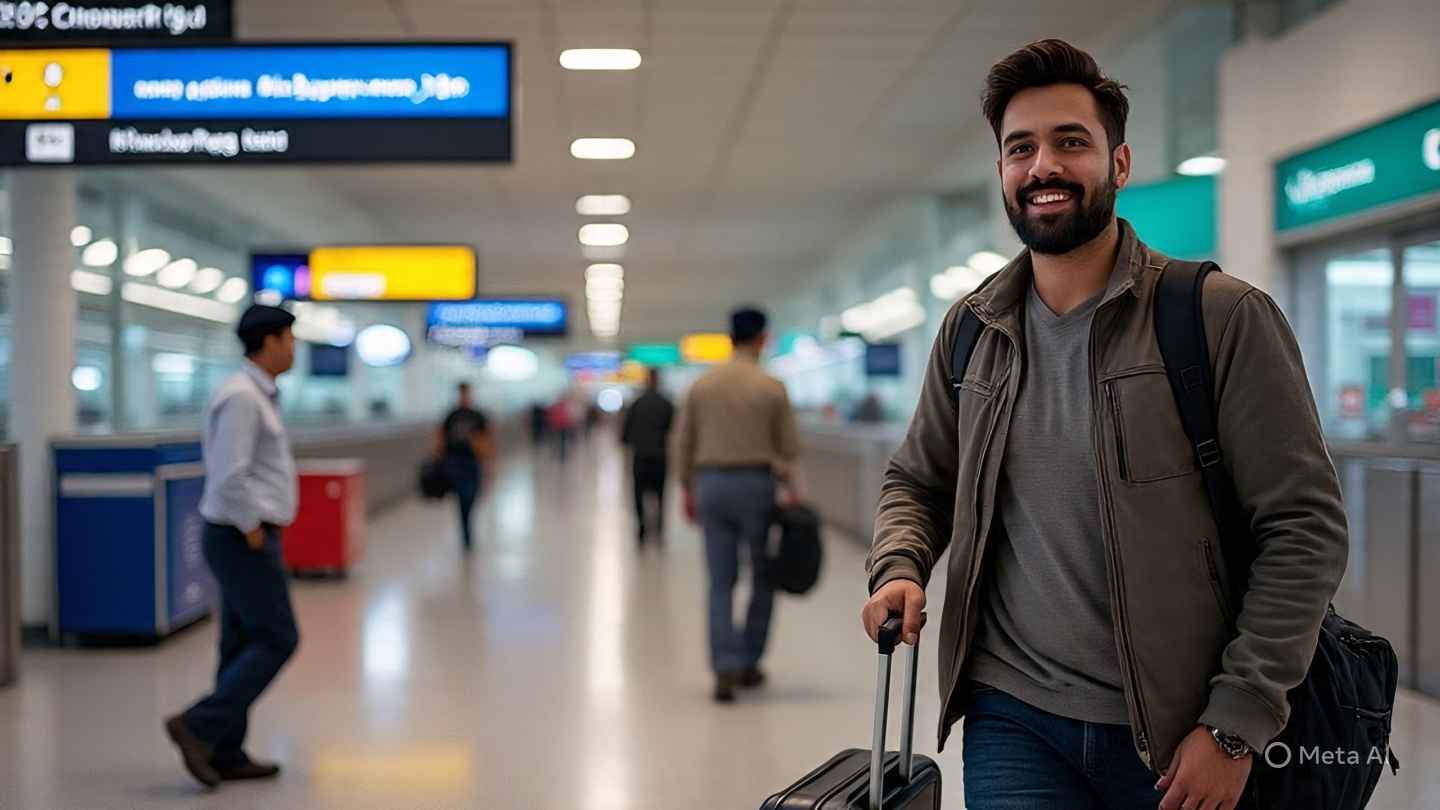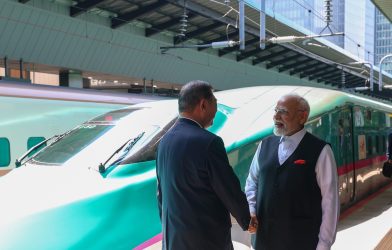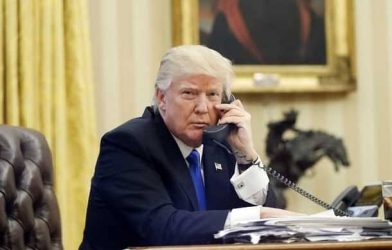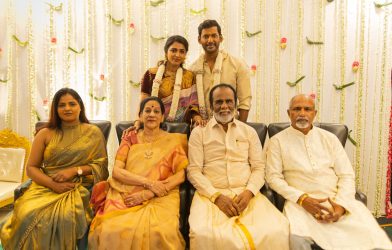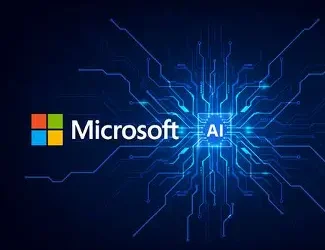Introduction: A Dream on Hold
Meet Ananya, a 22-year-old from Hyderabad, who has dreamed of studying computer science at MIT since high school. After acing her GRE and securing admission, she’s ready to take on the world. But in May 2025, her plans hit a snag when the U.S. embassy in Mumbai halts new student visa interviews. Ananya’s story mirrors the anxiety of over 200,000 Indian students who make up the largest international student group in the U.S., contributing $14 billion annually to the economy. For them, recent U.S. student visa policy changes are more than bureaucratic hurdles—they’re personal setbacks.
At Bharat Tone, we’re committed to guiding Indian students through this challenging landscape. The Trump administration’s 2025 visa policies have introduced uncertainty for Indian applicants, from paused interviews to stricter scrutiny. In this optimized article, we weave Ananya’s journey with actionable insights to help Indian students, parents, and educators navigate the new reality of studying in the U.S.
The New Visa Landscape: What’s Changed in 2025?
The U.S. remains a top destination for Indian students, with 337,630 enrolled in 2024, according to the Open Doors Report. However, 2025 has brought sweeping changes to F-1 (academic), M-1 (vocational), and J-1 (exchange visitor) visa policies, directly affecting Indian applicants. Here’s a breakdown of the key updates and their impact.
1. Suspension of New Visa Interviews: A Setback for Indian Students
On May 27, 2025, the U.S. Department of State paused new visa interview appointments for F-1, M-1, and J-1 visas globally, citing the need for enhanced social media vetting. Indian students, who rely heavily on consulates in cities like New Delhi, Mumbai, and Chennai, face significant delays. The pause, initially temporary, has extended into weeks, clashing with the critical May-to-August window for Fall 2025 enrollment.
Impact on Indians: India sends the most international students to the U.S., and 60% of them require visa interviews. Delays could force students like Ananya to defer their programs or consider alternatives like Canada or Australia. U.S. universities are offering deferral options, but the uncertainty is pushing some to rethink their plans.
Story Moment: Ananya refreshes the U.S. embassy website daily, her heart sinking as no new interview slots appear. “My family sold land to fund my education,” she says, scrolling through X posts from other Indian students sharing their frustration.
2. Heightened Scrutiny and Visa Revocations: A Growing Concern
The Trump administration has ramped up scrutiny of student visa applications, particularly for STEM fields popular among Indian students. A new “catch and revoke” policy uses AI to scan social media for posts deemed controversial, such as those supporting political causes. Over 300 visa revocations have been reported nationwide, with Indian students facing denials for minor issues like traffic violations or outdated SEVIS records.
Impact on Indians: Indian students, especially in tech-heavy fields like computer science and engineering, face intense vetting. Consulates now require social media profiles to be public, and posts about campus protests or political views can trigger rejections. This has created fear among applicants, many of whom rely on U.S. degrees for career mobility.
Story Moment: Rohan, an Indian master’s student in California, deletes his old tweets about climate activism, worried they might be flagged. “I came to study AI, not to hide my opinions,” he tells his roommate, who advises him to keep a low profile.
3. Proposed Fixed-Term Visa Limits: A Threat to Long-Term Study
A Department of Homeland Security (DHS) proposal, approved in August 2025, aims to replace the “duration of status” policy for F-1 and J-1 visas with fixed-term limits of four years (or two years for high-scrutiny countries). Indian students in lengthy programs, like five-year PhDs or dual-degree courses, could face mid-program visa renewals, risking delays or status gaps.
Impact on Indians: Over 40% of Indian students pursue graduate programs, many exceeding four years. Renewals through overburdened consulates in India could disrupt studies and OPT opportunities, which 70% of Indian students use for post-graduation work experience.
Story Moment: Priya, a PhD candidate in biotechnology from Bangalore, learns her six-year program might require a visa renewal in 2027. “If I can’t renew on time, will I lose my research funding?” she asks her advisor, who’s equally uncertain.
4. Crackdowns on Universities and SEVIS Terminations
In May 2025, DHS revoked the Student and Exchange Visitor Program (SEVP) certification of a U.S. university, citing alleged ties to foreign governments and campus unrest. This prevents the institution from enrolling international students, including Indians. Additionally, thousands of SEVIS records were terminated in March 2025 for minor infractions like unpaid parking tickets, with Indian students disproportionately affected due to their large numbers.
Impact on Indians: Terminated SEVIS records threaten lawful status, forcing students to transfer schools or leave the U.S. Universities like NYU and MIT, popular with Indian students, are issuing revised I-20s and fighting legal battles to protect their students.
Story Moment: Arjun, a Delhi native studying at a targeted university, watches his SEVIS record get terminated over a speeding ticket. “I paid the fine, but now I might lose my visa,” he tells his parents, who are scrambling to hire a lawyer.
Why This Matters for Indian Students
Indian students are the backbone of U.S. international enrollment, driving innovation in tech, medicine, and engineering. They’ve founded 20% of U.S. billion-dollar startups, from companies like Zscaler to Freshworks. However, the 2025 visa changes could:
- Delay Academic Dreams: Interview pauses and revocations threaten timely enrollment, especially for Fall 2025.
- Increase Costs: Deferrals or transfers add financial strain, with Indian families often investing life savings in U.S. education.
- Shift Destinations: Canada and the U.K., with streamlined visa processes, are attracting Indian students, potentially costing the U.S. $5 billion in economic contributions.
- Create Fear: Social media scrutiny and SEVIS terminations make students cautious, limiting their academic and personal freedom.
Navigating the Changes: Tips for Indian Students
For Indian students like Ananya, staying proactive is key. Here’s how to tackle the 2025 visa challenges:
- Work Closely with Your DSO: Contact your Designated School Official for updates on visa delays, SEVIS issues, or deferral options. Keep records of all interactions.
- Clean Up Social Media: Set profiles to public and review posts for anything that could be seen as controversial. Consult immigration lawyers if needed.
- Apply Early: Submit visa applications up to 365 days before your program starts to avoid delays.
- Explore Alternatives: Consider universities in Canada, the U.K., or Australia if U.S. visa issues persist.
- Stay Informed: Follow Bharat Tone, USCIS, and the U.S. Embassy in India for real-time updates on visa policies.
The Road Ahead: Hope Amid Challenges
The U.S. remains a land of opportunity for Indian students, but the 2025 visa changes signal a shift. As policies tighten, countries like Canada and the U.K. are positioning themselves as friendlier destinations. Yet, legal challenges, such as those blocking university bans, and advocacy for dual-intent F-1 visas offer hope for reform.
Ananya, still waiting for her visa interview, hasn’t given up. “I know the U.S. is where I can make a difference,” she says, studying for her next coding project. With resilience and the right guidance, Indian students can still chase their American dreams.
Call to Action: Are you an Indian student navigating U.S. visa challenges? Share your story with Bharat Tone at [email protected]. Let us support you with updates and resources to keep your dreams on track.
Keywords: USA student visa 2025, F-1 visa changes for Indian students, U.S. visa policy 2025, Indian students in USA, social media vetting for visas, SEVP certification, OPT for Indian students, U.S. embassy visa delays.
Meta Description: Explore the 2025 USA student visa policy changes impacting Indian students, from interview pauses to stricter scrutiny. Get practical tips to navigate these challenges with Bharat Tone.
Author: Bharat Tone Team
Published: August 29, 2025





